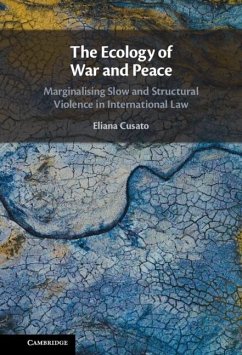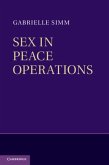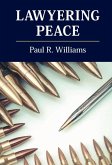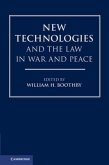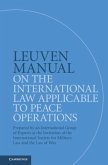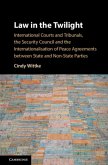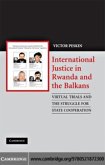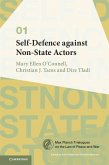The connection between ecology and conflict has been the object of extensive study by political scientists and economists. From the contribution of natural resource 'scarcity' to violent unrest and armed conflict; to resource 'abundance' as an incentive for initiating and prolonging armed struggles; to dysfunctional resource management and environmental degradation as obstacles to peacebuilding, this literature has exerted a huge influence upon academic discussions and policy developments. While international law is often invoked as the solution to the socio-environmental challenges faced by conflict-affected countries, its relationship with the ecology of war and peace remains undertheorised. Drawing upon environmental justice perspectives and other theoretical traditions, the book unpacks and problematizes some of the assumptions that underlie the legal field. Through an analysis of the practice of international courts, the UN Security Council, and Truth Commissions, it shows how international law silences and even normalizes forms of structural and slow environmental violence.
Dieser Download kann aus rechtlichen Gründen nur mit Rechnungsadresse in A, B, BG, CY, CZ, D, DK, EW, E, FIN, F, GR, HR, H, IRL, I, LT, L, LR, M, NL, PL, P, R, S, SLO, SK ausgeliefert werden.

